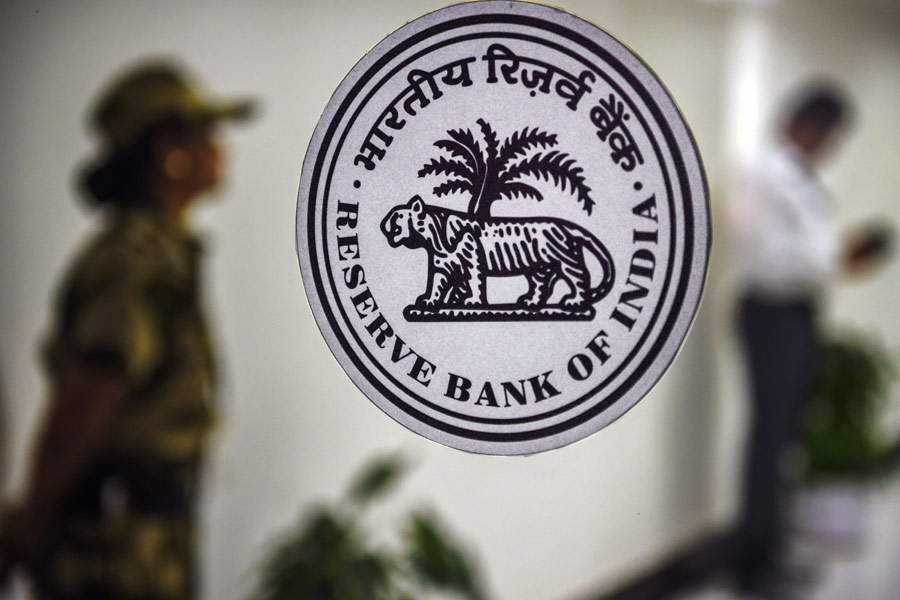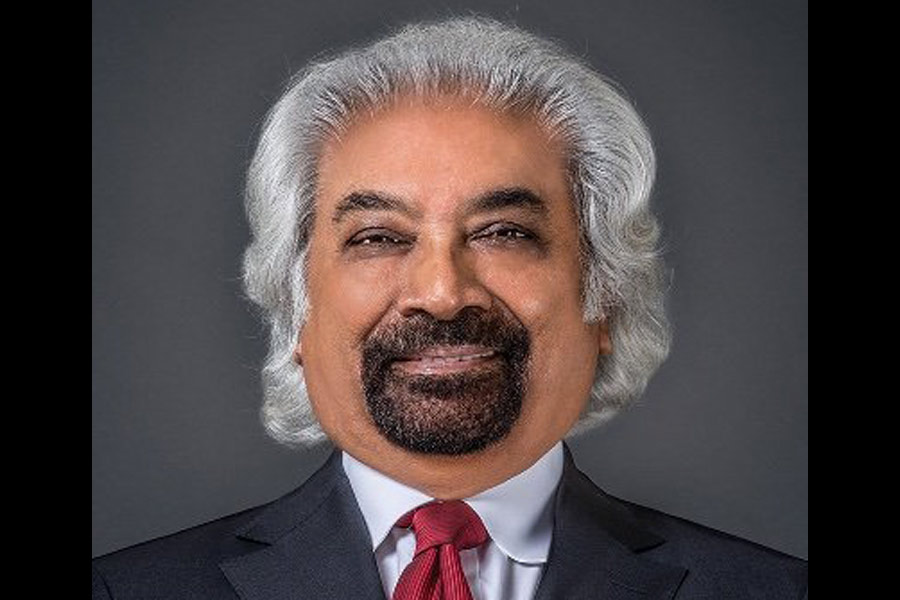About a month ago, I took myself off a medication without first contacting the doctor who prescribed it, a step I have often cautioned others never to do. A neurologist had put me on the anticonvulsant drug, Keppra, as a preventive in case a seizure had caused an otherwise unexplained fall on my head and brief memory loss. The neurologist was being appropriately cautious. Two years earlier, I’d had an equally mysterious accident accompanied by about a 15-minute memory gap.
A heart rhythm disorder was ruled out, and it would be weeks before I could undergo a three-day brain wave study to check for seizure activity. But after 10 days on Keppra, which the label warned could cause drowsiness, I was far worse than very sleepy. I could barely function. I was spending the day in bed, unable to work, read or even watch TV. And I was depressed.
When a friend told me she had been very fatigued and depressed while taking a different anticonvulsant, I had to know whether my symptoms were caused by the head injury or the drug, and the fastest way to find out on a Saturday night was to stop taking the drug. Within 36 hours, I was a new person, nearly back to my normal level of energy, ability to work and enthusiasm for life.
At first, I thought I would adjust to the drug’s side effects, but they had only gotten worse each day. My friend said she had stopped taking the anticonvulsant when she found herself sitting out on the ledge of an open window. On Monday I called the neurologist’s office and was appropriately chastised for stopping the drug without his OK, but at least I lived to tell the tale.
I’m sure I’m not the only one who has abandoned a medication without — or even against — a doctor’s advice. No doubt many, like me, experienced side effects that seemed to be much worse than the condition the medication was supposed to treat.
The rule of thumb in medicine — first, do no harm — has as its corollary that the expected benefits of treatment should outweigh its potential risks, which is the basis for approval of prescription drugs.
Marketing approval includes review of the package insert, which is supposed to list possible side effects, from minor to serious, that showed up during premarket tests. Consumers are urged to read these inserts before taking a new medication. But as with the now-required lists of side effects and warnings that accompany drug ads in print and on the air, these can terrify some patients, prompting them to refuse to take medications that would actually help them.
According to Timothy O’Shea, a clinical pharmacist who writes about prescription drugs, “Each year an estimated 4.5 million Americans visit a physician’s office or emergency room because of side effects related to their prescription medications.” Among the 10 “scariest” side effects O’Shea listed in an article in Pharmacy Times are hallucinations that can result from psychiatric medications like Seroquel and Haldol; the sleep-enhancing drugs Ambien and Lunesta; and some anti-seizure drugs.
Also alarming is memory loss that sometimes results from “the nonbenzodiazepine sedative hypnotics, which include Ambien, Lunesta and Sonata,” O’Shea wrote. Most worrisome, however, is an increased risk of suicidal thoughts and behaviours in children, adolescents and young adults associated with all antidepressants.
All drugs, prescription and over-the-counter, have side effects or the potential to cause them, and the secret to safe and beneficial use lies in knowing what they might be and how they may be affected by your health, habits, diet, allergy sensitivities and other medications you take. Minor adjustments can often make a big difference in how effective and safe a medication will be for you. For example, people on blood thinners must be cautious about taking aspirin and other nonsteroidal anti-inflammatory drugs.
In addition to harmful drug-drug interactions, many risks linked to medication result from interactions with foods, drinks, supplements and other ailments. For example, some drugs, including most painkillers, are best taken with food to reduce gastrointestinal side effects, whereas others should be taken on an empty stomach to enhance their absorption.
The dose of the anticoagulant Coumadin has to be adjusted for consumption of certain vegetables rich in vitamin K like spinach, kale and broccoli, which can diminish the drug’s effectiveness. Grapefruit and pomegranate can limit the ability of a statin to lower cholesterol, but grapefruit can increase the effects of some drugs that treat high blood pressure. And blood pressure drugs called ACE inhibitors can impair excretion of potassium from foods like bananas. It’s best to avoid taking drugs at the same time that you take vitamins, herbal remedies or other supplements. And unless instructed otherwise, take all medicines with a full glass of water.
Probably the most common harmful drug-diet interaction is that between medications and alcohol, which can enhance or diminish a drug’s effects in dangerous ways. Drinking alcohol while taking a narcotic painkiller can result in an accidental, even fatal, overdose. Even in small amounts, alcohol can intensify a drug’s side effects, causing sleepiness, lightheadedness and inability to concentrate or safely drive.
When prescribed a new medication, it’s best to read the package insert. You might also ask the pharmacist what you should know to ensure the drug’s safe use. If you suspect you’re having an adverse drug reaction, don’t follow my example. In most cases, you should continue taking the drug but contact the doctor as soon as possible. However, if you develop an allergic reaction such as severe itching, swelling or shortness of breath, stop taking the drug immediately and go to the emergency room.
Be especially wary if you believe you are reacting to a drug that has just come on the market. Serious problems sometimes don’t become apparent until a drug has been used for years by lots of people.










